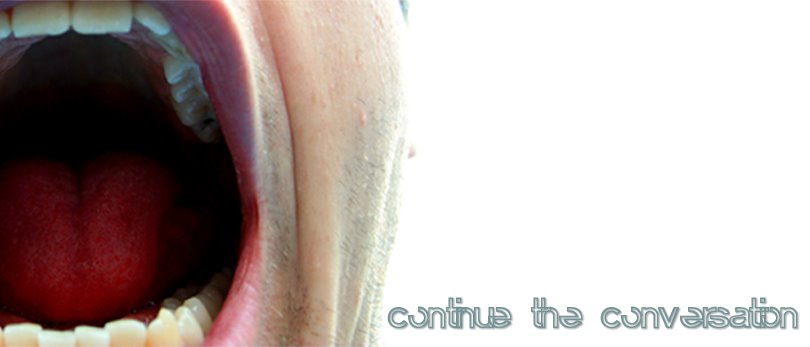
Yesterday while listening to NPR over lunch, there was a researcher discussing the science behind habit. He talked about what parts of the brain control habits, and just how fast habits are made (and conversely broken).
The basal ganglia controls this function of habit. He explained that even functions like how we brush our teeth are habitual; that if one was to film an individual for a month brushing his/her teeth, that the individual would 99% of the time go through the same exact routine. But, if that individual had to explain the routine, most likely they couldn't; that our brains perform the functions innately.
I have on numerous occasions driven a good distance, only to arrive at my location to realize I couldn't even remember driving there - the turns, the yielding, the changing lanes, etc. Not that I was distracted or not paying attention, but that I was seemingly, completely focused on whatever was on the radio (like listening to habit forming science on NPR) or thinking about an upcoming meeting, lyrics to a new song, etc. Driving even a short distance is extremely complex. Yet over time, it can occur without known or perceived thought.
Let's extend this to faith...
What happens when our faith becomes habitual? Certainly there can be good outcomes. When we're faced with tragedy or suffering, and our first (most natural) response is prayer; that's good. But what happens when the way(s) we worship become habit? What happens when our routine causes us to participate in the same way we drive home from work without even really being there?
I can't give proof of the internal-negatives. But what I can produce, is response and reaction to worship where change happens.
When change is implemented into the worship environment, emails can flood the inbox with confusion and distaste. Even a simple change like re-organizing the seating can disrupt the routine that the basal ganglia has deemed "worship." When an extra song is sung, a prayer is skipped, a song you love uses new or different instrumentation, or announcements go too long, the basal ganglia is interrupted and "worship" is thrown out of whack. When I get these emails or am confronted with these conversations, it stirs me in such a way that I want to respond with disgust.
More appropriately, would be responding with programming and planning constant change in the worship experience. After all, we're supposed to be proclaiming a message of transformation. Not a one-time transformation, but constant transformation. That's what resurrection does. It transforms. And when we allow habit to define and control our faith, transformation comes to a standstill, resurrection loses its power, and worship becomes sterile.
Peace,
Ross

3 comments:
I think that habit is by itself neutral. One can use the habit of a worship format to enter into sacred time despite everything else that might be going on in their lives. They have a habit that is positive. When things get radically altered there is an adjustment, and if it causes discomfort it can go against the ability to enter into worship.
By the same token, one can have the habit of just coasting through without thinking. In that case, changes can certainly be a good thing. It can help people to re-evaluate and re-engage. But the need for constant change can be as negative as the need for constancy. It can become a situation where the new, exciting experience becomes the focus instead of the worship.
I would hesitate, then, to classify habit in either direction. Even if one prefers a highly structured liturgy, the change you seem to be advocating for is often with the individual. A passage of scripture usually speaks to the same person very differently at different points in their life. Why can this not be the case for a structured worship as well?
I understand where you are going with this, but I also have to push back a bit. The fact that you did not realize how you got home, and yet arrived safely, does not make the drive home useless.
I read some of Catherine Pickstock's writings recently, and her perspective on the importance of liturgy (and what I would frame in some ways as "holy habits") is thought-provoking. I love this quote from her, "Liturgy is not simply an outward and symbolic honoring of a God whom we know already through internal experience or conceptual reflection. Rather, it is the most important initial way in which we come to know God and the path to which we must constantly return – in excess of the relative poverty of our private emotional experiences and the equal poverty of abstract speculative theology."
Just my thoughts, you know I love to banter with you ;-)
Oh banter. 'Tis so witty.
Really, the post came from thoughts I had from that NPR segment, but also some friends of mine that want nothing to do with faith because of the habit, that from their perspectives show no action.
Their examples were people rolling into church parking lots the same time, week after week, sitting in the same seat, drinking the same coffee, and never really being moved by what was being discussed or presented.
Their story reminds me that when faith becomes habitual, we have the negative connotation of "doing something religiously." The statement is common language, but doesn't suggest action or transformation or resurrection, but routine and cycle.
Banter away!
-Ross
Post a Comment